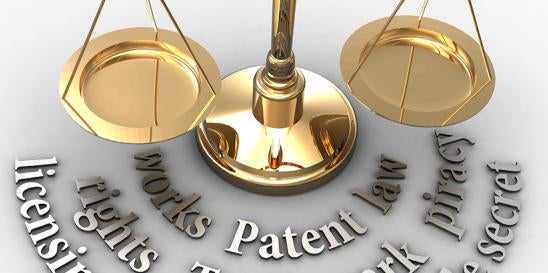Compulsory licensing is a practice that allows a third party to produce or use a patented product or process without the consent of the patent owner. The practice may be implemented to ensure patent owners are utilizing the technology in which they were granted exclusive rights. Additionally, compulsory licenses may be provided in situations where there is a national emergency or great urgency. To compensate patent owners when compulsory licenses are enforced, jurisdictions may require payment of royalties. However, rates are often predetermined and may be less than desirable in exchange for forfeiture of exclusive rights. Understanding licenses, procedures, and affiliated risks across different patenting systems is important for successful multinational prosecution.
Jurisdictions vary greatly in the application of compulsory licensing, and licensing laws are enforced according to the country in which the patent was granted. In the United States, patent law only authorizes the government or its contractors to use patents without permission from the owner. Within Europe, each member country of the European Patent Convention has established its own compulsory license regime. For example, in Germany compulsory licenses may be issued in situations in which there is a public interest and when the license applicant has been unsuccessful in obtaining permission from the patent owner. As an even broader example, Mexican patent law allows any individual to request a compulsory license for a patent that has not been worked in Mexico within a set timeframe.
As varied as the situations are when granting licenses, so are the timelines and procedures affiliated with each. Some jurisdictions allow requests for a license after a defined number of years while others indicate that a reasonable period of time must pass. Moreover, some countries, like India, require that patentees annually provide information on the extent to which the invention has been worked.
Due to the unique and nuanced laws between countries, a number of practice tips are recommended:
- Before filing or validating an application, research the current and expected market for the patented technology as well as complexity of local licensing laws. Consider how licenses and affiliated regulations may preclude commercialization.
- Upon the issuance of a patent, determine if and how compulsory licenses are enforced in the granting country.
- Docket dates which may commence the period allowing third parties to request licenses (i.e. three years from issue, four years from application, etc.).
- Request guidance from foreign associates on the law and implementation of compulsory licenses in their respective jurisdictions.
- Prepare non-working statements or a strategy for putting the patent to use in each granting country.




 i
i


